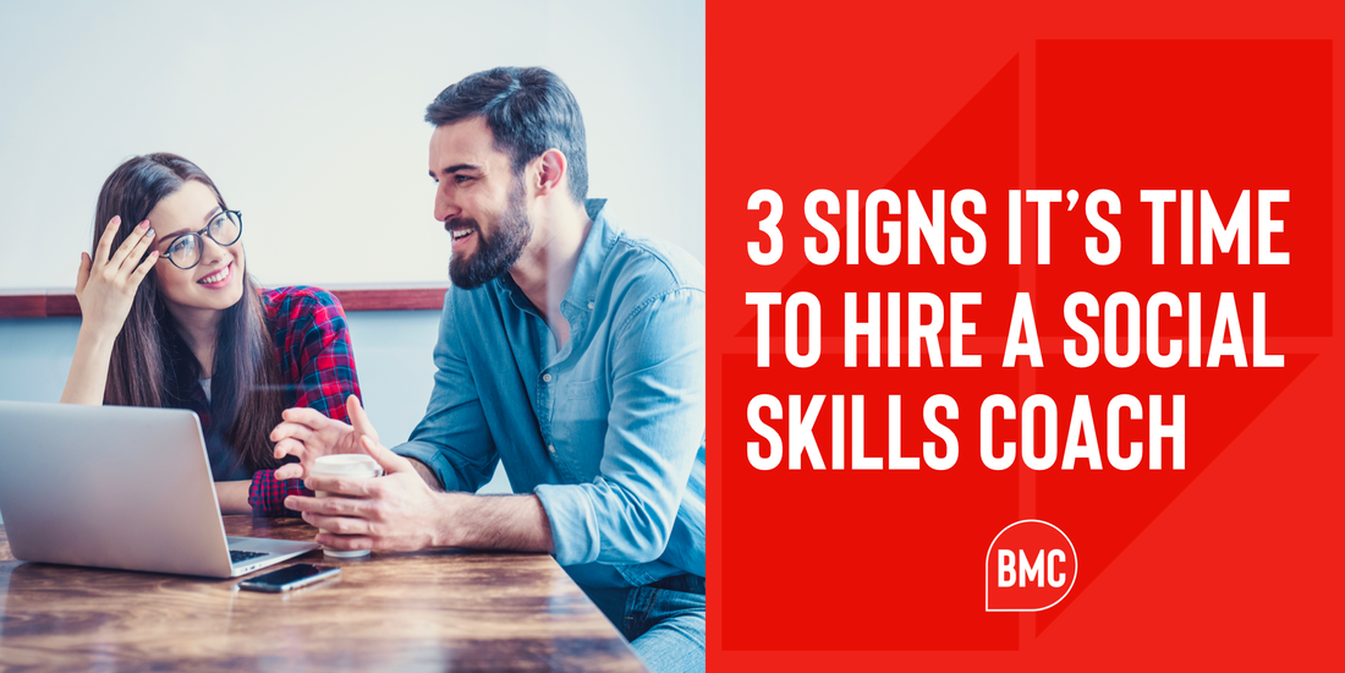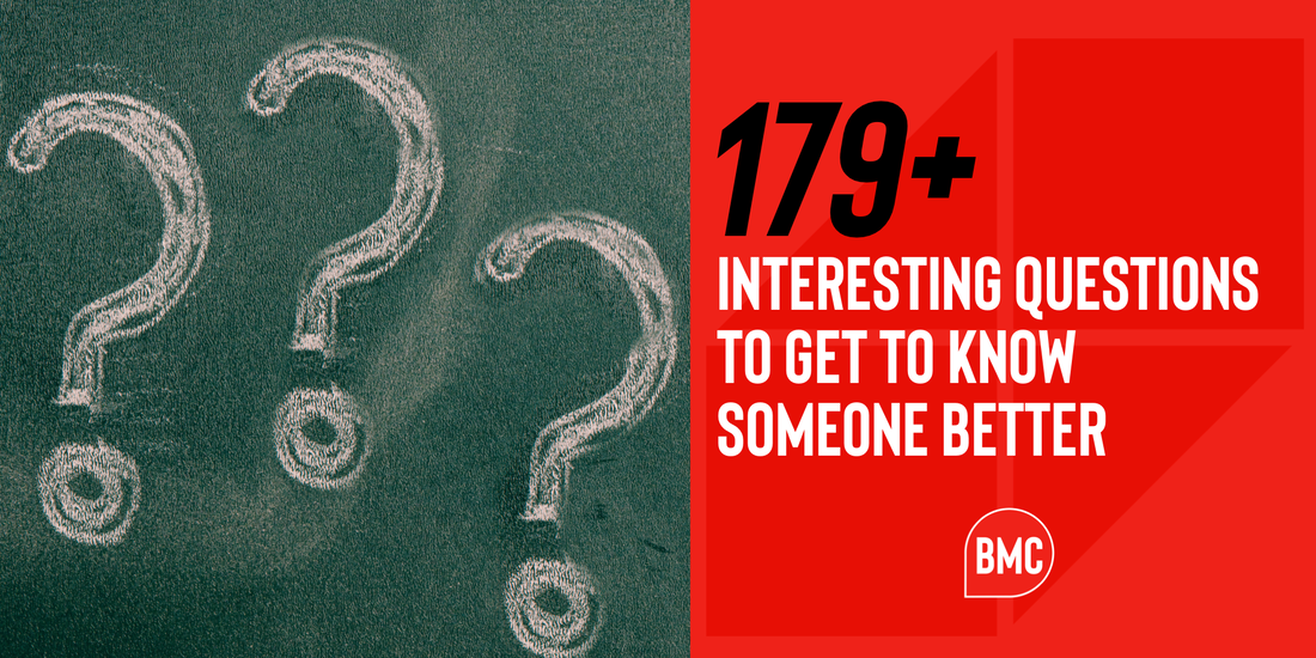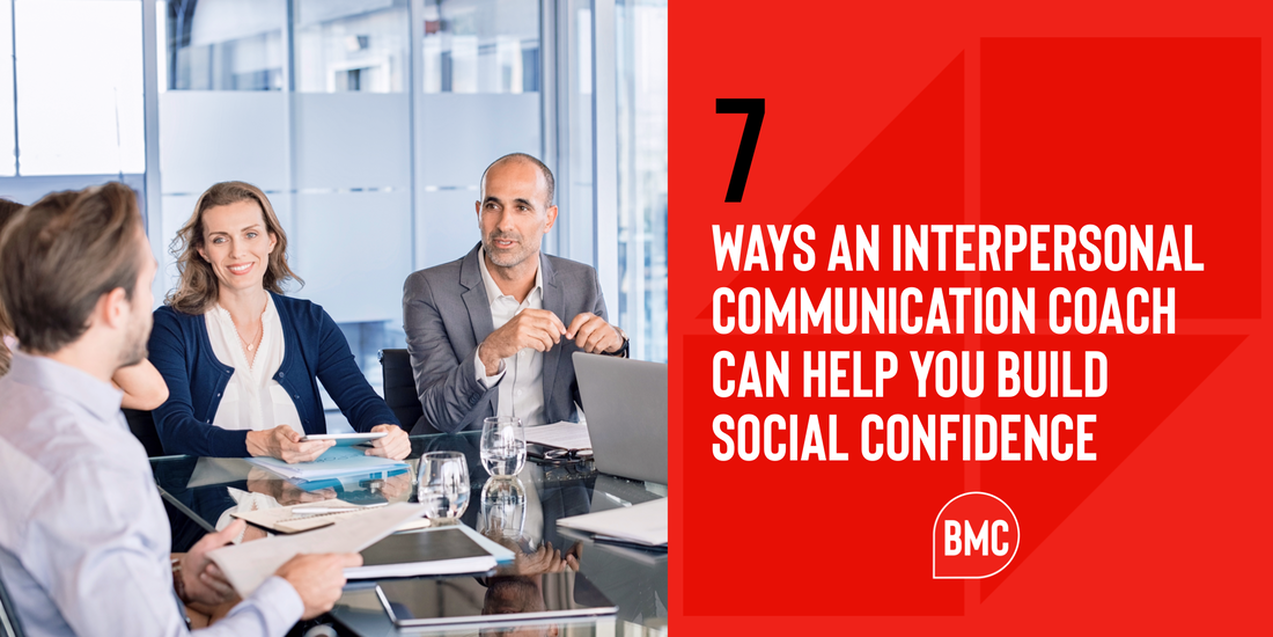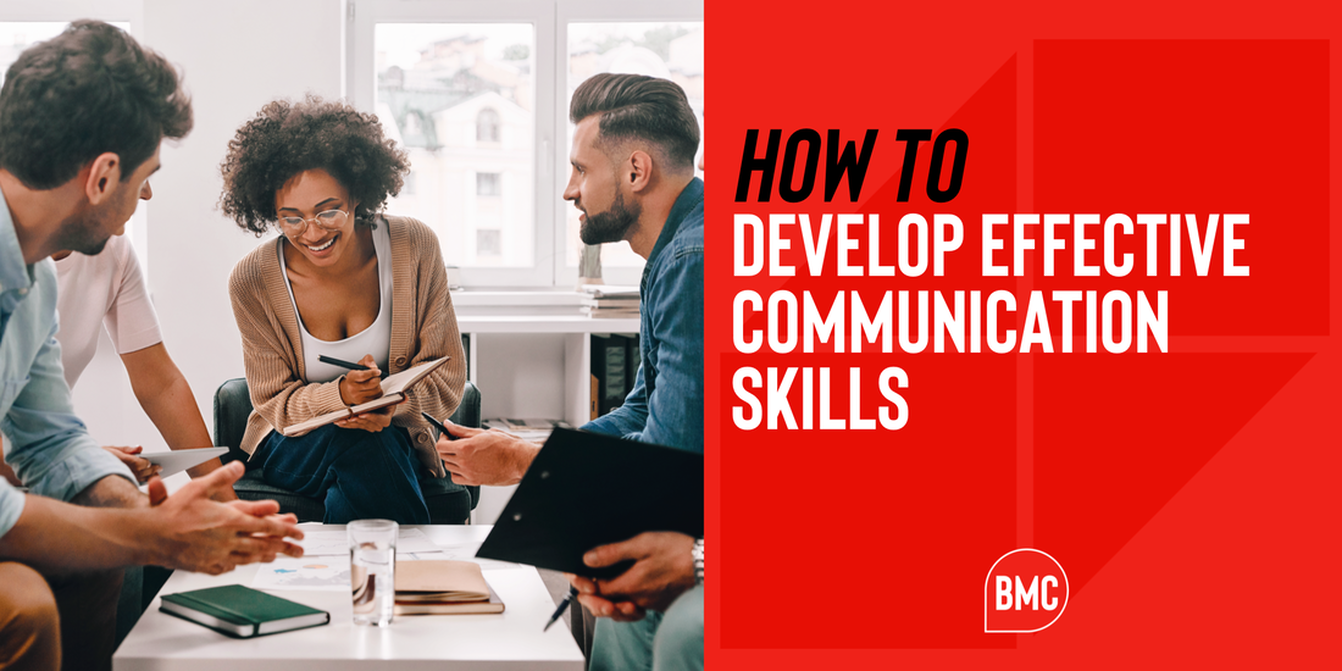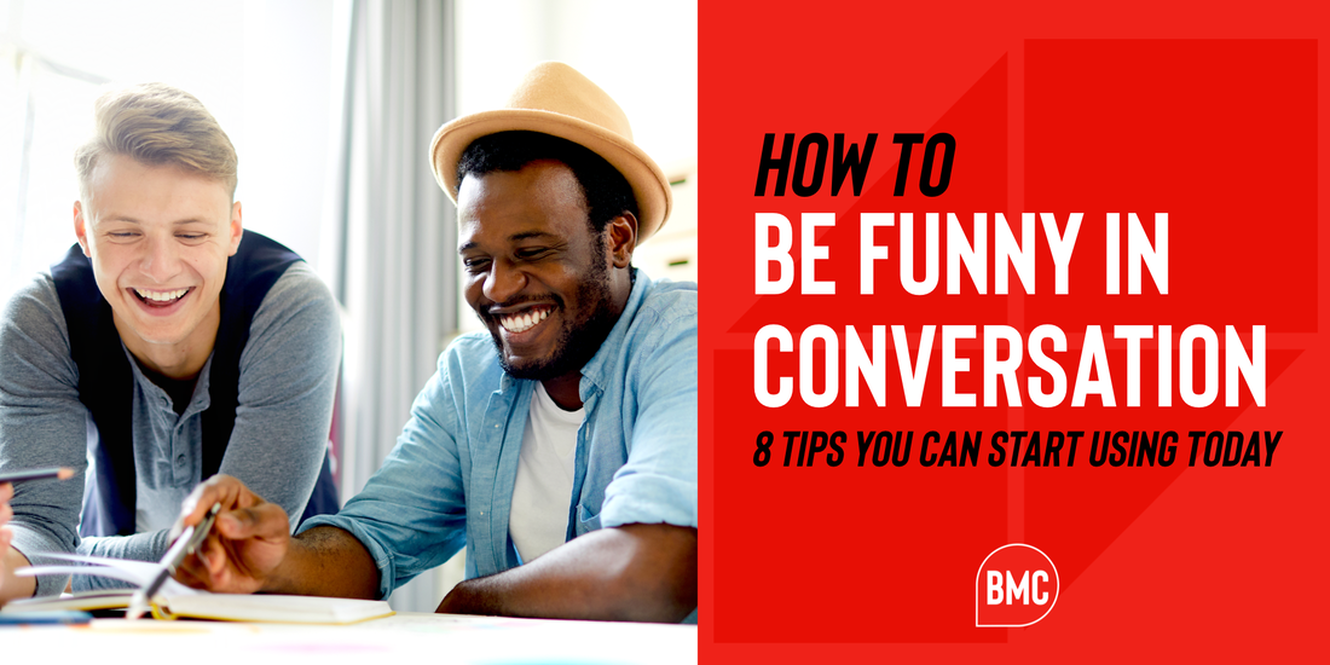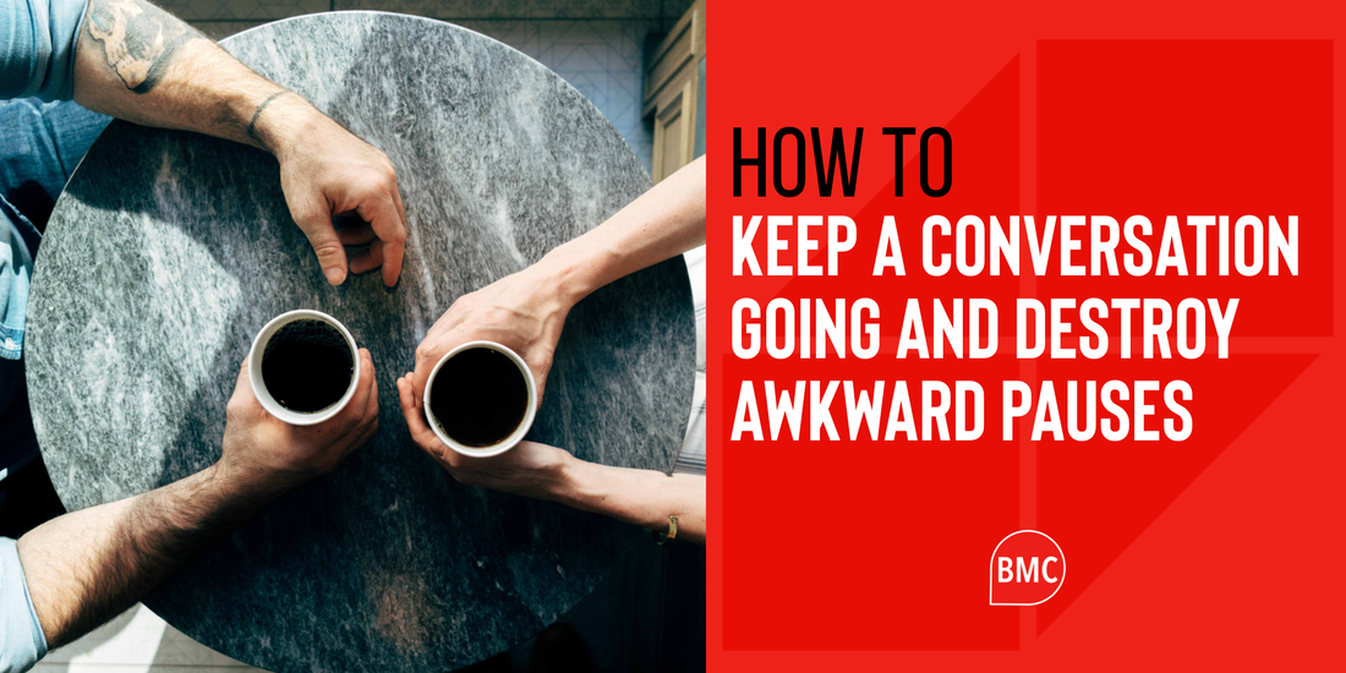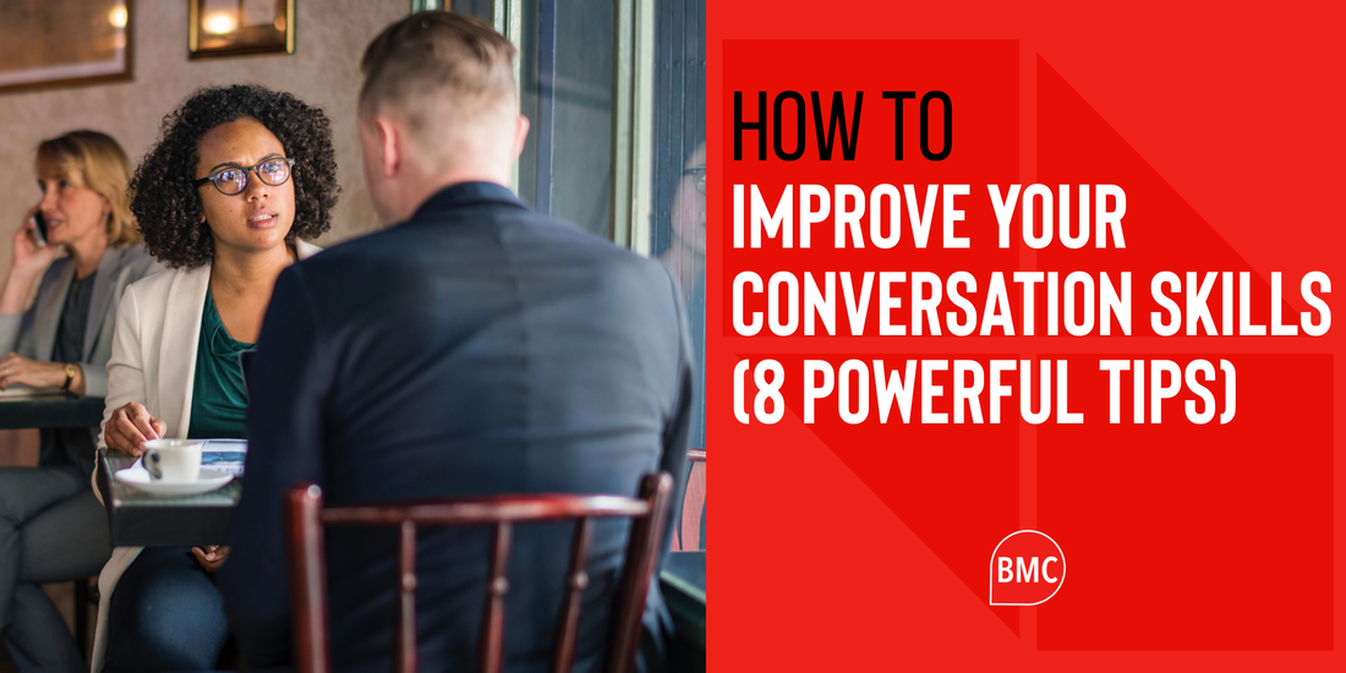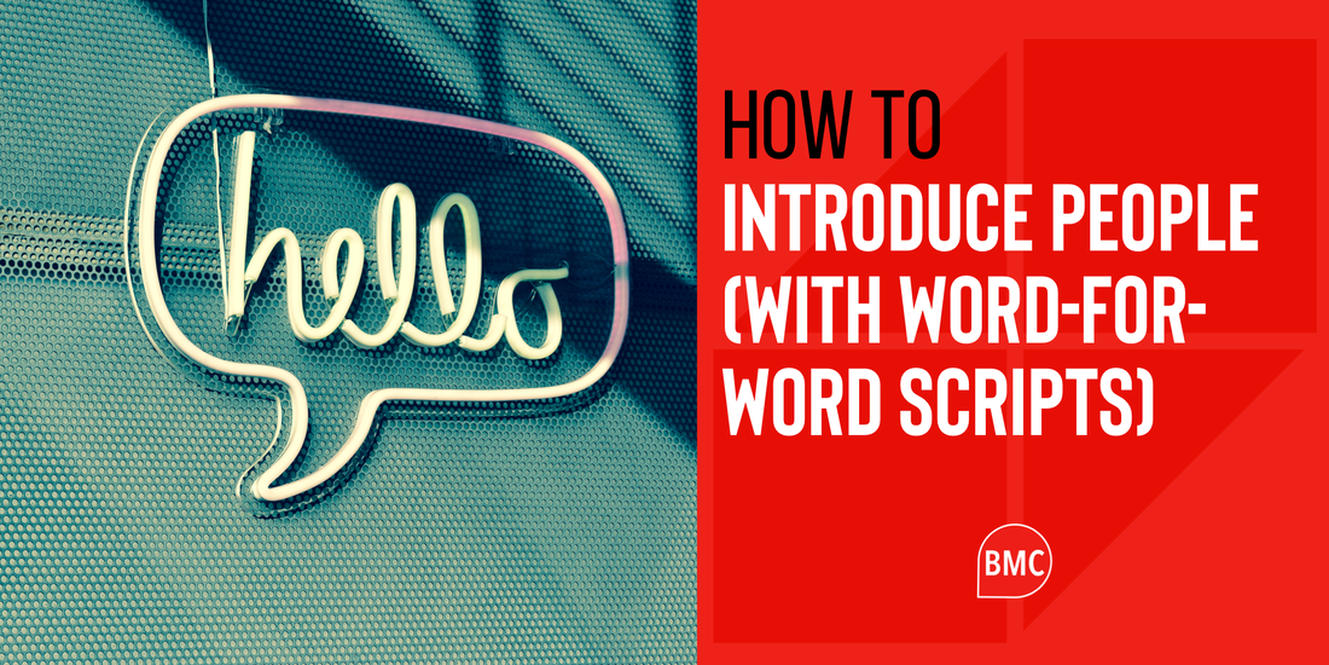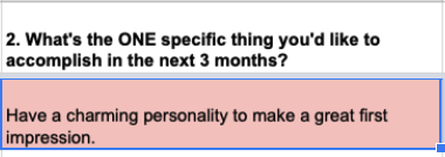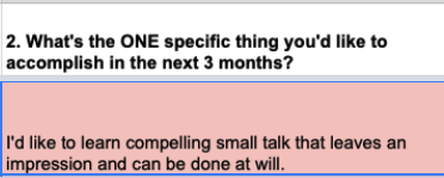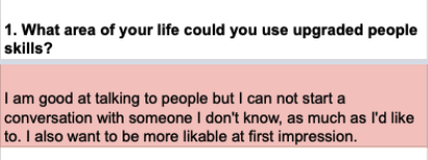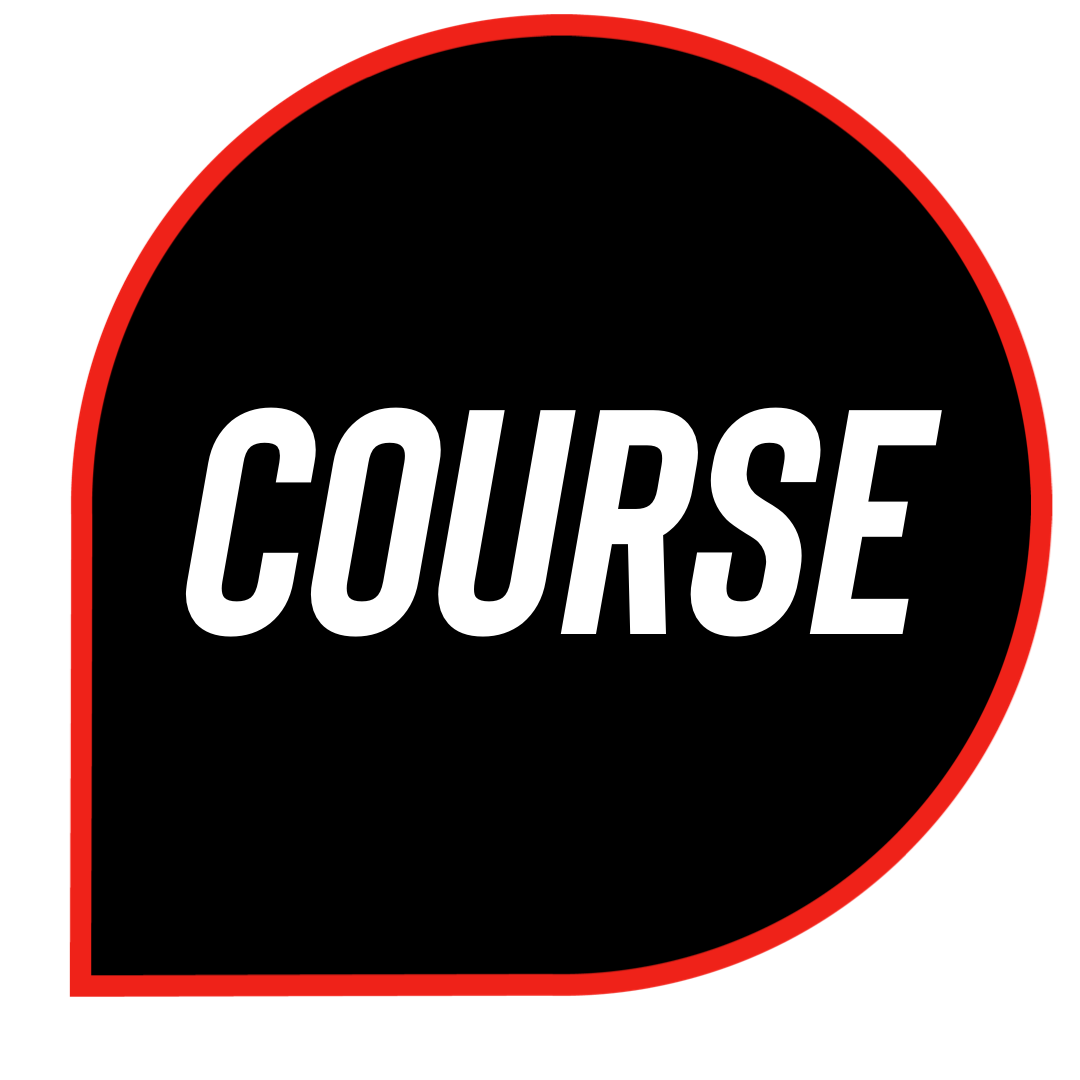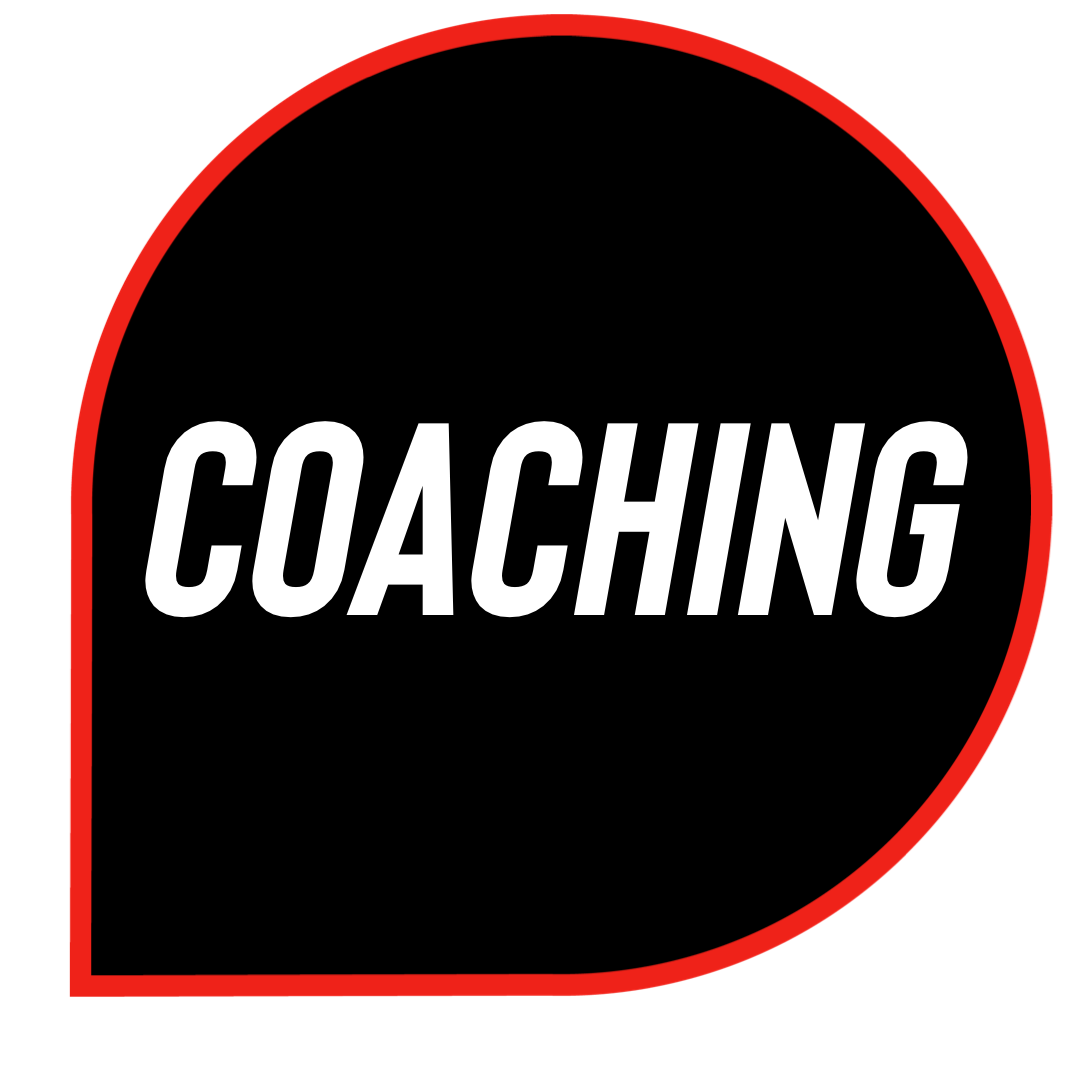|
Early in Kobe Bryant’s career, legendary coach Phil Jackson pulled him aside one day and encouraged him to spend more time with his teammates rather than in his hotel room studying game tape.
By 2009, Kobe was a leader on the court and in the locker room. The Lakers won a championship that season. As a social skills coach, I love that lesson - that all of us (whether we like it or not) - connected to and influenced by others. But let’s dig a little deeper... What made Kobe great?
All those things matter, but every other elite NBA player did those things too. So what was Kobe’s secret weapon? He realized that he didn’t have to do it all on his own. He had his team and coaches there to support him. No one is a 10/10 in ALL areas of life. - we all need help from our peers, our mentors, and our coaches.
Questions are a great way to start a conversation at a barbecue, a Zoom networking event, or a party.
Questions can even help you move past small talk and into deeper topics. (Which studies suggest could make you happier!) If you’ve ever struggled with thinking up questions to get to know someone better, this post is for you! After your conversational partner responds, keep the conversation going by making an observation about what they said. Look through the list below and copy/paste 5 of your favorite questions into the notes app on your phone. Then, you’ll be all set to break the ice at your next social event! Bonus Pro-tip: Check out this massive list of 300+ conversation starters and topics or this huge list of 170+ icebreaker questions if you need help sparking conversations!
I like the saying, “Failing to prepare is preparing to fail.”
Not only is it catchy, but it relates to areas of life...ESPECIALLY to building social skills. (As an interpersonal communication coach, this is what I do all day every day!) Right now starting conversations with others at a meetup or dinner party might make you want to run and hide in a corner and “check your email”. For many of my private coaching clients, this is a common feeling. And it boils down to a lack of social competence that leads to a lack of social confidence. But the good news is that interpersonal skills can be learned! And an interpersonal communication coach can help you get the results you want faster than trying to learn it on your own. Oprah Winfrey, one of the most famous people in the world, has been very vocal about her early struggles with social interaction. When asked about the steps she took to build her social skills (and ultimately her empire) she replied with, “Once you start to make changes, no matter how small, suddenly everything seems possible.” In this article, you’ll learn 7 ways that an interpersonal communication coach can help build that confidence and be prepared for a more successful social life. Let’s dive in!
Looking for ways to meet new people?
You’re in the right place! Maybe you’ve just moved to a new city and you’re looking to get out there and make new friends. Maybe you’ve lived in your city for years, but you’ve been stuck in a routine. Either way, here’s a list of 30+ ways to meet new people.
Effective communication is one of the most powerful skills you can have as you move through the world.
Communicating effectively helps you understand other people’s motivations, and gives you the power to share your own insights without anything getting lost in the shuffle. Effective communication can help you in your career, socially, and in your personal relationships. For example, effective communication can help with:
With the tool of effective communication in your toolbox, you’ll have fewer misunderstandings, be better able to communicate your wants and needs, and enjoy better relationships with others!
In this article, you’ll learn:
So let’s dive in!
Our friends are some of the most important people to us.
They support us, have fun with us, and inspire us! Jim Rohn, entrepreneur and achiever, said it best: “You are the average of the five people you spend the most time with.” But what do we do when some of those people are fake friends? Listen, we’ve all been there. You’ve got a group of pals, but you’ve got a feeling that things just aren’t right. When you’re surrounded by your REAL friends, your life is more awesome and hanging out is much less draining. But how can you tell the difference between a real friend and a fake friend? In this article, you’ll learn…
We all know and love (and want to be) those people…
The funny ones. The ones who seem to crack up co-workers and friends with a word or a well-timed gesture. People gravitate towards them--even you. Funny people make you laugh and smile and feel good, who wouldn’t want to be around them? Even though it can feel like some people are born to be funny and others are born to laugh, you can actually learn how to be funny. Learning how to be funny in conversation is a crucial people skill. It will help you:
Just like any skill, learning how to be funny takes practice! If being funny doesn’t come naturally to you, just remember: There’s no such thing as a funny baby. No one is actually born funny. It’s a skill that these people have been working on and building for a long time - probably since childhood. The class clowns, the crack-ups we remember those kids. Now that they’re all grown up, they’ve used that experience to their advantage. They’ve had a lot more time to learn from trial and error what’s funny and what’s not (and that’s an equally important skill--learning what types of humor to avoid). So let’s get to it... In this article, you'll learn…
If you're reading this article, it's a pretty easy guess that at some point or another you've felt...well, boring.
Don't worry! It happens to the best of us!
You want to be more interesting and engaging, but you just don't know how to not be boring on the phone. Pro Tip: Smile. People can literally hear the smile in your voice even if they can't see you. You want to enthrall the office with stories about your weekend but you are still Googling "how to not be boring on facetime" instead of doing it. The good news is, you are in the right place. We are going to cover how to not be boring from top to bottom. These are not vague tips, but real steps you can take with action steps and homework. As a social skills coach, I believe in a progressive step-by-step approach to self-improvement. Start small, build confidence, repeat. In this article you'll learn...
I believe that everyone has the ability to improve their social skills and become more outgoing - you just have to tap into that outgoing part of yourself.
But as any introvert who’s tried to teach themselves how to be more outgoing can tell you - it’s not as easy as it sounds. “Know thyself.” -Socrates Socrates wasn’t playing around when he dropped this philosophical morsel on us. He believed that the answer to all happiness and philosophical unrest was to look within where all knowledge already lives, waiting to be remembered. I love this idea because it’s an equalizer. We might have different starting points, but we can ALL improve and grow. If you want to learn how to be more outgoing--you just need the mindsets and tactics to get there! So let’s talk about how to be more outgoing as an introvert, step-by-step. In this article you’ll learn:
Ready? Let’s dive in!
When I became self-employed, it was a huge shift.
Gone were coworkers, office small talk, and happy hours. Instead, it was just me. And the cat. At first, it was nice. "Finally, I can just put my head down and do the work!" I thought. But, after a couple of months, I realized "Holy crap! I might accidentally become a hermit if I'm not careful." When you're trying to learn (or in my case re-learn) how to become more social, it's effective to have a few tips to help you get on the right track. These tips will help whether you're
Here's a sample of crappy advice you WON'T find in this article:
You ready? Strap in. Here are 8 ways to become more social starting TODAY. You feel it...the death of your conversation. "Some get the crash cart!!!" You're standing there, it feels like hours since you've spoken. The ice in your drink slowly melts. We've all been there, wondering how to keep a conversation going when:
When we can keep that conversation going, we can make new friends, better job opportunities, and become more successful. So how do we do it?
In this article, you'll learn:
Let's dive in!
Here are 9 ways to keep a conversation going & destroy awkward pauses forever:
The importance of conversation skills: these skills can be the difference between having great friends, connections, and experiences and...not.
Today we're going to cover how to improve conversation skills. You can start using these 8 powerful tips today. In This Article, You'll Learn...
Let's dive in: Watch the video below, or read on...your call!
(These first two tips will help your conversation skills before you even open your mouth!)
Knowing how to introduce people is a great skill to have.
Example: A friend's wedding. At the reception, after grabbing a fresh drink, I saw my former co-worker, Michael. He stood up and walked over, shook my hand, and we talked for a few minutes about the World Series. As our conversation was wrapping up, he said "Hey! Let me introduce you to my wife."
What I was expecting: To walk over and be introduced with a simple "Hey, this is my buddy, Jeff."
What do LeBron James, Serena Williams, and Mike Trout all have in common?
They all make millions of dollars by tossing or hitting a ball? Close. They all have coaches. Behind every top performer someone who can give that person perspective that they need. Sure, pro athletes have coaches, but what if you're wanting to perform at a high level in your business, career, or social life? Is there such a thing as a social confidence coach? Absolutely. Cough...I am one...cough. I want to walk you through 4 ways a social confidence coach can help you level up your social skills.
If you've ever wondered how to make a great first impression you're not alone.
Here are a few messages from my readers who want to master first impressions.
It’s okay if you’ve made some cringe worthy first impressions.
Take this gem from my wife: A few years ago she was at her boss' house for a party. She was joking around with some of her coworkers, who were on the other side of the room. She playfully extends her middle finger. At that PRECISE MOMENT her boss' father turns around and intercepts the middle finger. I imagine that space and time slowed down while my wife watched him go through different emotions. Confusion, disbelief, denial, shock, sadness, and finally disdain. After the fabric of reality had stabilized, he looked away while saying "How RUDE." This story makes me laugh every time. First impressions are crucial:
Here’s the deal with first impressions: after people make up their mind about you, (Some studies say in as little as 1/10th of a second) they use confirmation bias to only look for evidence to back up their initial impression. I’m not here to sugar coat things. I’m here to supercharge your people skills. So what can you do to reliably create great first impressions with almost everyone you meet? Here Are 8 Uncommon Tips To Make A Great First Impression
It all starts with your mindset because 80% of the work is done before you ever shake hands...
|
I'm Jeff.
I'll help you supercharge your people skills so that you can have a more fulfilling career, business & social life. Over the last 15 years, I’ve learned... (Read More) Popular Posts• 5 Ways a Communication Coach Can Help You Become a Better Communicator
• The Ultimate Guide To Joining & Enjoying Group Conversations • How to Never Run Out of Things to Say Topics
All
|
© Become More Compelling LLC Disclaimer: Results may, and probably WILL vary, and you should NOT use this information as a replacement for help from a licensed professional.
Terms & Conditions. Privacy Policy. Disclosures. Contact. Become an Affiliate.
Terms & Conditions. Privacy Policy. Disclosures. Contact. Become an Affiliate.

